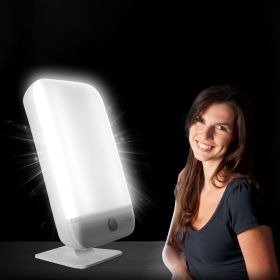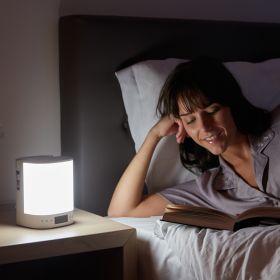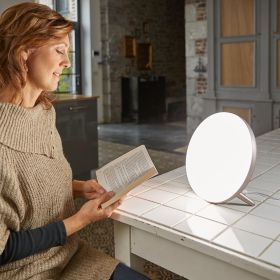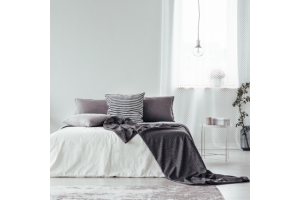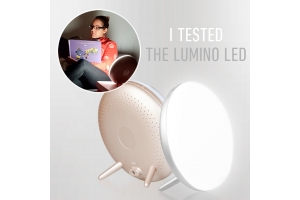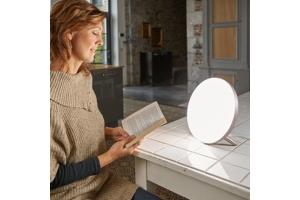Sleep - a fundamental part of your wellness
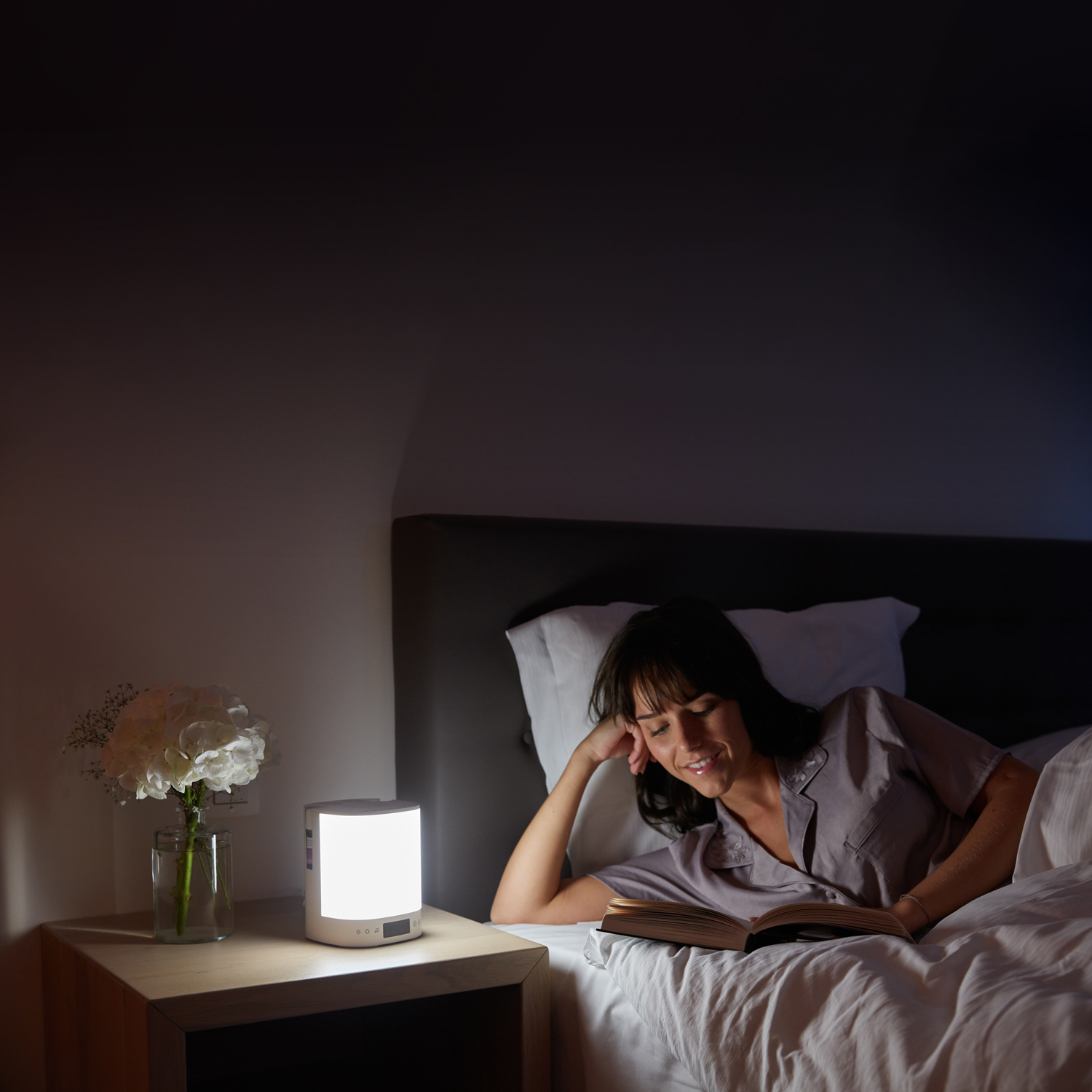
Your days all run into one another and yet no two are the same! Your schedule is getting busier, so much so that sometimes you want to avoid rest altogether. No! Taking the time to get a good night's sleep is vital and is much better for you than sleepless nights! And sometimes (or often) we spend a good part of the night trying to get to sleep. So how do you get to sleep peacefully? We have the answer!
Sleep - instructions for use
Get enough sleep:
When you wake up, you don't feel refreshed and are still tired. You would have liked to have carried on sleeping! The first question to ask yourself is: are you getting enough sleep? The recommendation for an adult is to sleep for 7 to 8 hours a night, as we need to recover from the physical and nervous fatigue built up during the day.
Quality sleep:
Then ask yourself if your sleep is of good quality. A number of factors can interfere with the quality of your sleep and therefore disrupt your physical and mental well-being. Our nights are influenced by the way we spend our days and vice versa. Maintaining a healthy lifestyle is therefore essential.
So, what to do about those nights that are too short?
First, it’s important to observe sleep cycles. Each cycle lasts an average of 90 minutes and is preceded by a phase of calm wakefulness that prepares you for falling asleep. A cycle consists of three stages: slow-wave sleep (deep sleep), REM sleep (paradoxical sleep, rapid brain activity, dreaming period), intermediate sleep (micro awakenings before the beginning of a new cycle or waking up). The number of cycles required for proper recovery varies from person to person. However, you need to be careful not to wake up before the end of a cycle, otherwise you will feel that the night was too short.
Fall asleep more calmly:
Light therapy:
It is a proven fact that natural light plays an important role in the secretion of the sleep hormone melatonin. This is secreted when the light decreases and tells us that the day is ending, just as natural morning light sends us wake-up signals.
Light therapy has proven to be effective in curing many cases of insomnia, problems with waking up and phase delays. Light therapy helps bad sleepers get back to sleep by resynchronising their internal clock. Have a light therapy session early in the morning to help you wake up. Not only will you improve the quality of your rest, you will also avoid drowsiness during the day.
When there is no light filtering into your room, the use of a sunrise and sunset simulator is another way to help you regulate your sleep rhythm. For a few minutes at bedtime, the sunset simulator will reproduce the effect of twilight. For example: Wake-up Scents will give you the benefits of red light together with an olfactory ambiance to send you to sleep peacefully.
On the other hand, the dawn simulator function will reproduce the effects of light as you wake up. Coupled with the diffusion of essential oils, it’s a perfect combination to wake you up in complete serenity.
But be careful, not all types of light are good! The use of a screen before going to sleep (that projects blue light and lowers melatonin production) an hour before bedtime is strongly discouraged.
Take a look at our range of light therapy solutions.
Benefits associated with sleep
Getting enough sleep prevents the increase of stress hormones such as cortisol and their harmful effects on your health (headaches, cardiovascular problems, etc.)
More sleep also helps you stay in shape. A tired mind will try to compensate by producing ghrelin - a hormone that stimulates the appetite - and make you want to snack.
If you are better rested, you will also be less prone to stress attacks and be able to step back and put situations into perspective.
Getting enough sleep also guarantees a high level of concentration and a shorter reaction time, which ensures both greater efficiency and greater safety in our everyday lives.
Sleeping well strengthens our immune system and makes it more able to combat viruses and bacteria.
A good night’s sleep improves your sporting performance: your speed, coordination, reactivity and even your recovery will be optimised.
It promotes positive thinking. After a good night's sleep, worries seem less important and you can face the challenges of everyday life more calmly.

 EN
EN  FR
FR  NL
NL  DE
DE 